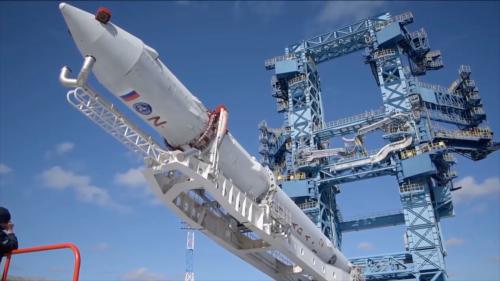There is an understandable sense of hubris in Turkey. After all, it is the first time an American president will visit Turkey so early in his tenure. The fact that this president happens to be the most popular person on the planet adds to the excitement. There is also an understandable tendency to see President Barack Obama’s visit as a confirmation of Turkey’s growing regional and global importance.
We are living in a world where the “clash of civilizations” has become a self-fulfilling prophecy. In this increasingly polarized global context between Islam and the West, Turkey is the most democratic, secular and pro-Western country in the Islamic world. It is the only Muslim member of NATO and the only Muslim country in accession negotiations with the European Union.
To use the old cliché, Turkey is the bridge between the Middle East and the West. More importantly, it is an active facilitator of difficult relations between Israel and Syria and a country that wants to play a similar role between Washington and Tehran. Only 48 hours after Hillary Clinton left Ankara, the president of Turkey, Abdullah Gül, flew to Tehran, probably carrying a message from the US to Iranian leaders. Writing in the British daily The Guardian, Stephen Kinzer argued that “no intermediary is as well placed to guide these enemies away from confrontation as Turkey.”
This is all fine, and I’m sure all these factors will significantly contribute to the symbolism of the US president’s visit to Turkey. But make no mistake. There will much more than just happy talk when President Obama visits Turkey early next month. An important part of President Obama’s visit to Turkey is about averting a major crisis in relations because of the Armenian genocide issue. Let’s not forget that President Obama pledged several times during his campaign to recognize the Armenian genocide. On April 24, less than two weeks after his visit to Ankara, President Obama will face a critical decision. Will he, as he promised to the Armenian-American community, refer to the “genocide” in the White House’s Armenian Remembrance Day letter? Most Turkish analysts seem to believe that his decision to visit Turkey means that he has already decided in Turkey’s favor on this issue. In other words, part of the hubris in Turkey comes from a sense of relief. He surely would not refer to “the tragic events of 1915” as “genocide” just two weeks after visiting Turkey, would he?
Well, I am not so sure. President Obama is no ordinary politician. It is certainly true that in the past, several American presidents made similar pledges to the Armenian-American community, only to backpedal once they came to power. But if Obama was an ordinary politician, he would not be in the White House today. This is why it would be more prudent for Turkey not to take things for granted. After all, there is a strong chance that a politician such as Obama, who came to power by promising “change” may decide to honor his pledge. One thing is for sure, however. If President Obama honors his pledge, Washington knows how Ankara will react. The Armenian issue is an existential one for Turkey. Any presidential recognition of the Armenian genocide, or a Congressional resolution in favor of such recognition, will radically change Turkish-American relations. Ankara could retaliate in a number of ways. In its most extreme, but not necessarily most unrealistic form, such scenarios include a decision by Ankara to limit the use of the Incirlik Air Base, which provides more than half of the logistic support for American troops in Iraq. And there would be more problems to come on issues ranging from NATO affairs to the Kurdish question in northern Iraq. It is safe to assume that no American president would like to trigger such a crisis with Turkey.
This is why President Obama will probably try to find a way out of this April 24 predicament. And only a breakthrough in relations between Turkey and Armenia may give him such an opportunity. Thankfully, such an opportunity does exist. It is no longer a major secret that Ankara and Yerevan have reached an agreement on a number of issues, including the opening of the border. But the devil is in the timing. For reasons that are not entirely convincing, Turkey is reluctant to open the border before April 24. Yet, this is exactly what President Obama needs. The White House must have a genuine opportunity and a face-saving way to argue that things between Armenia and Turkey are finally moving in the right direction. Ankara needs to see President Obama’s visit in this framework and reward him for his visionary approach to Turkey. President Obama is doing his share by coming to Turkey in the first 100 days of his tenure. It is time for the Justice and Development Party (AK Party) government to show visionary statesmanship as well.


Commentary
Op-edTime for Turkey to Reward Obama
March 16, 2009